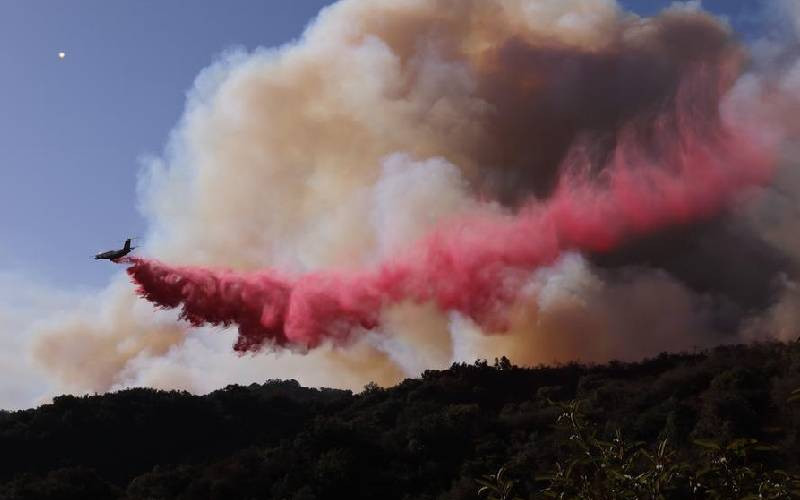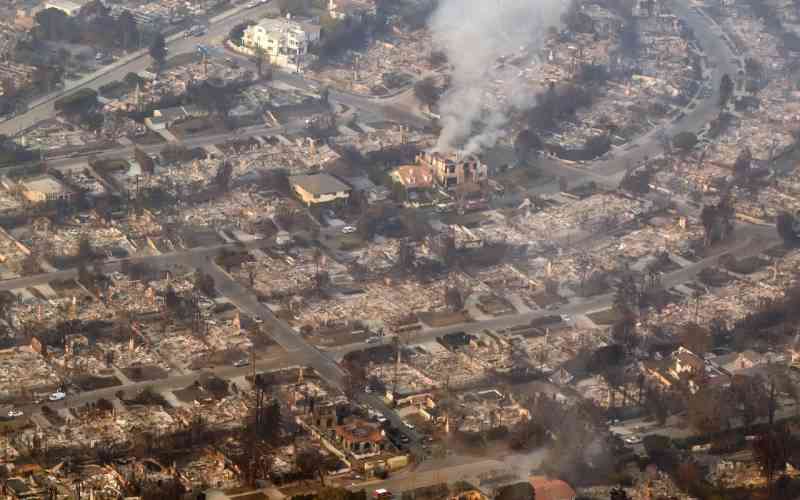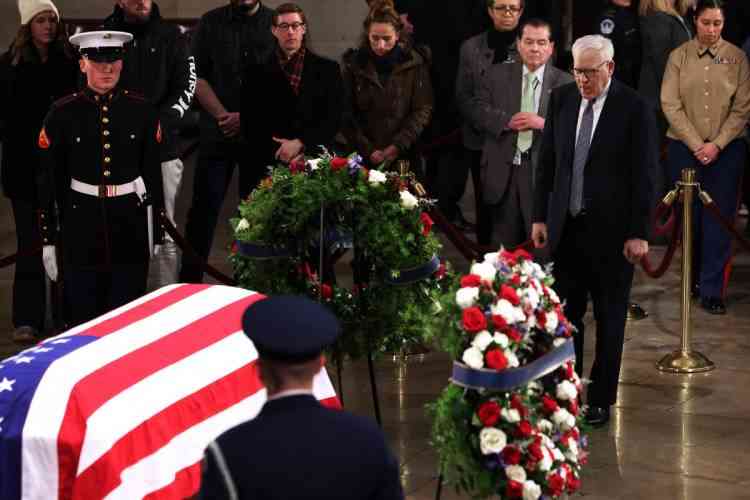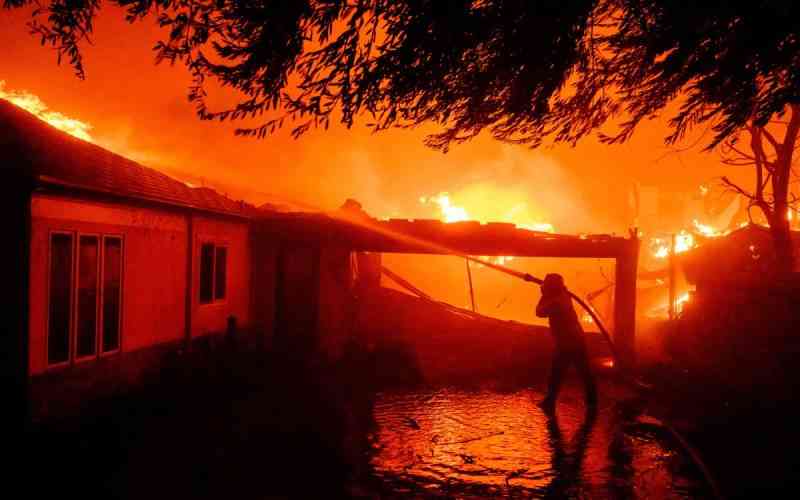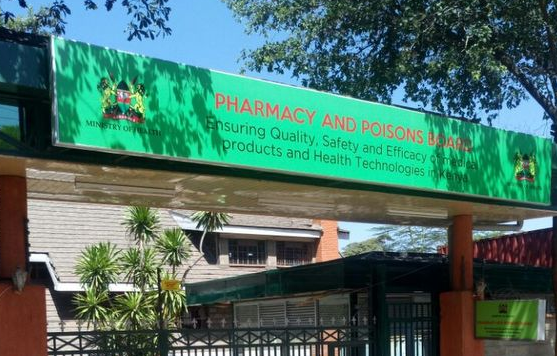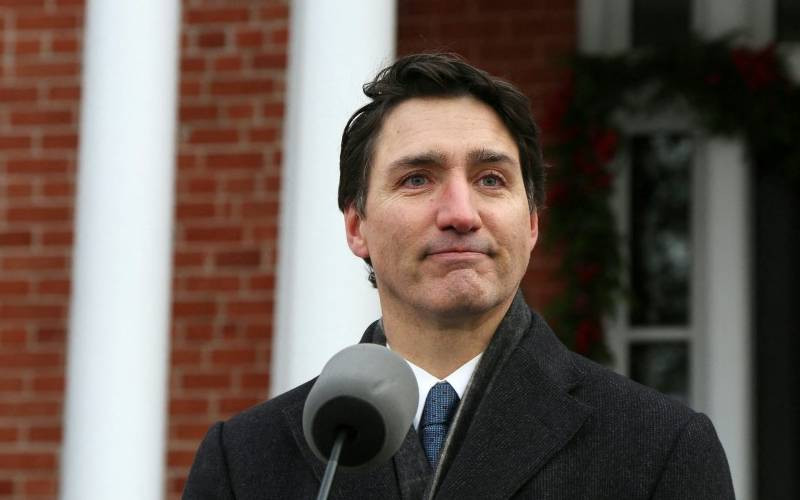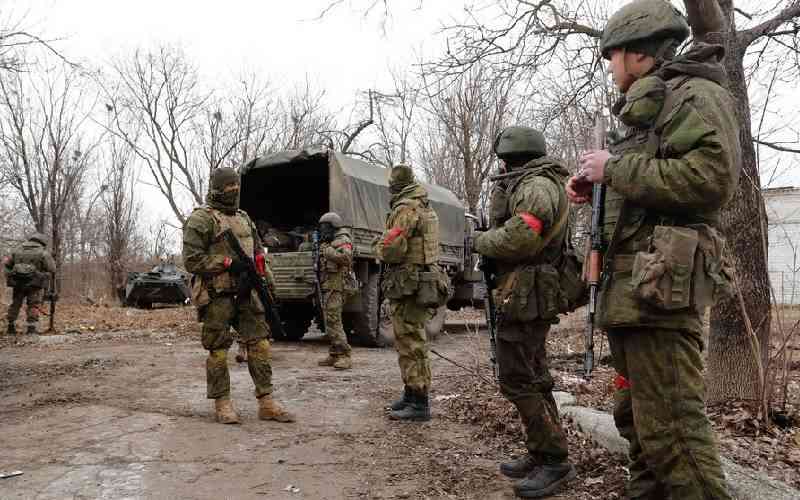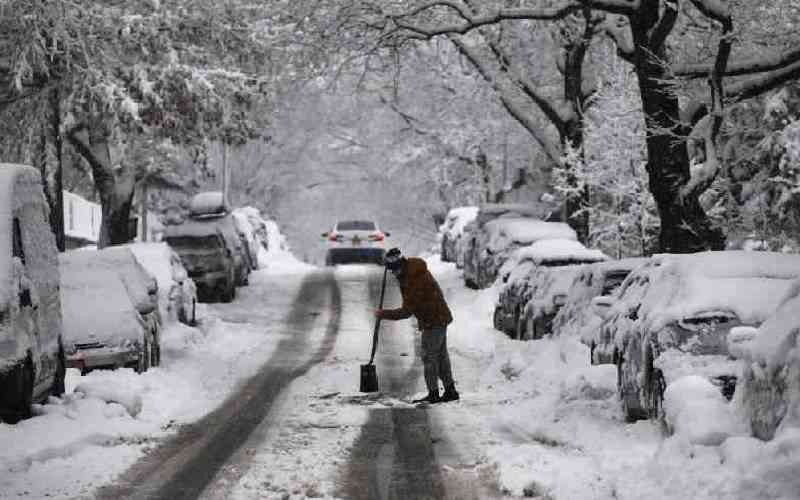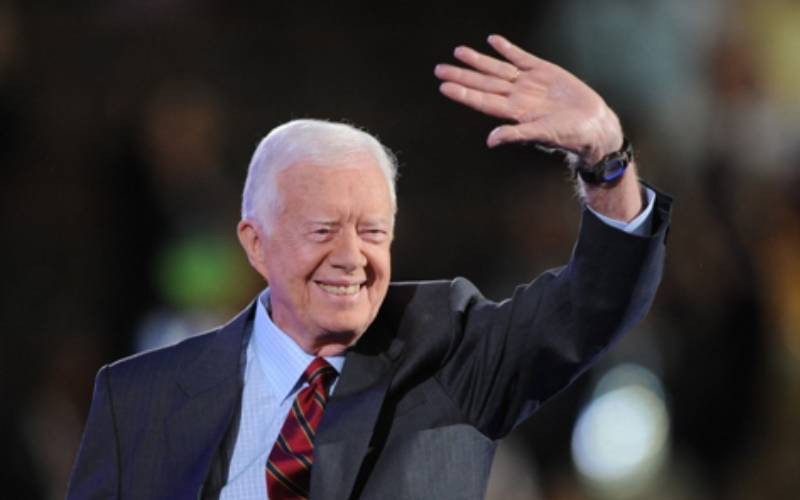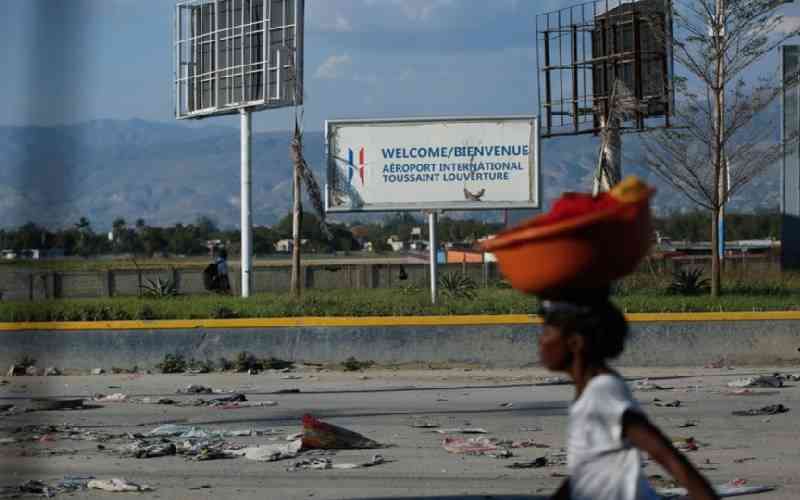
The U.N. says surging violence in Haiti over the last several days has driven nearly 15,000 people from their homes in the capital, Port-au-Prince, 80 per cent of which are controlled by armed gangs.
Reports from the capital say it is largely shut down, with residents only venturing out for essentials after the Haitian government declared a 72-hour state of emergency late Sunday.
The declaration came after the gangs overran Haiti's National Penitentiary late Saturday, releasing all but 99 of some 4,000 prisoners.
Haitian soldiers and police exchanged gunfire with the heavily armed gangs Monday at Port-au-Prince's international airport and the gangs tried to seize control of the airport. Security personnel continued to patrol the airport late Monday.
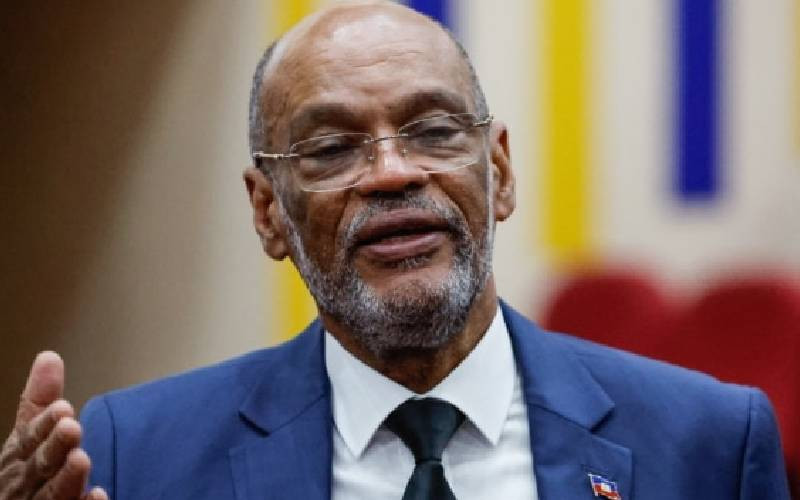
It is the biggest attack on the airport in Haiti's history. Toussaint Louverture International Airport was closed when the attack occurred, with no planes operating and no passengers on site.
Last week, the airport was struck briefly by bullets amid ongoing gang attacks but gangs did not enter the airport or seize control of it.
The latest surge in violence began Thursday as Prime Minister Ariel Henry travelled to Kenya to sign a deal for the U.N.-backed deployment of 1,000 Kenyan police officers to help fight the gangs.
Gang leader Jimmy Cherizier - who goes by the nickname "Barbecue" - issued a video statement saying a coordinated attack by armed groups was underway to oust Prime Minister Henry. He said the groups were seeking to get the prime minister to resign and "free the country." He said they would "use all strategies to achieve that goal."
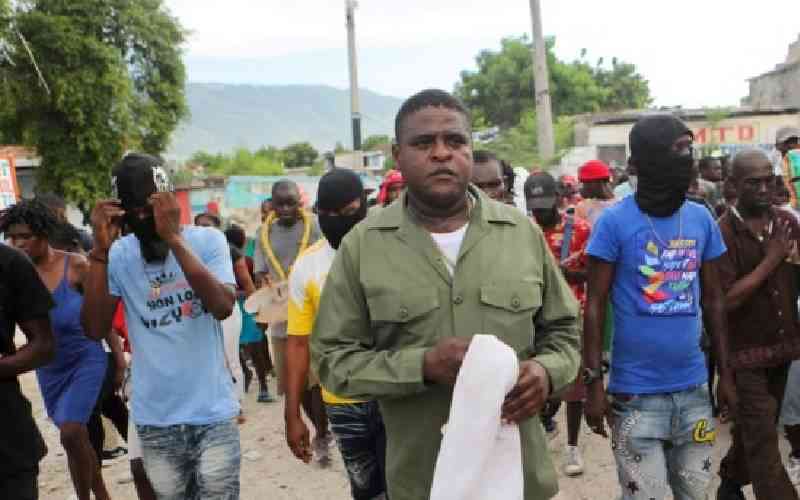
At a State Department news briefing Monday, spokesman Matt Miller said the United States condemned the violence and is closely monitoring the situation. He said many of those responsible for the uptick in violence have been designated by the U.S. government for sanction for violations of human rights and illicit drugs.
He urged the U.N. to finalize "the Multinational Security Support Mission to assist the Haiti National Police in dealing with the dire security situation on the ground."
Miller said it was the understanding of the State Department Prime Minister Henry would be returning to Haiti, but deferred to the Haitian government regarding when that might be and where he has been since he left Kenya last week.
Henry became Haiti's leader after the 2021 assassination of President Jovenel Moise, plunging the country into extraordinary levels of violence and chaos. He has twice promised to hold new elections but has reneged each time.
 The Standard Group Plc is a multi-media organization with investments in media platforms spanning newspaper print
operations, television, radio broadcasting, digital and online services. The Standard Group is recognized as a
leading multi-media house in Kenya with a key influence in matters of national and international interest.
The Standard Group Plc is a multi-media organization with investments in media platforms spanning newspaper print
operations, television, radio broadcasting, digital and online services. The Standard Group is recognized as a
leading multi-media house in Kenya with a key influence in matters of national and international interest.

